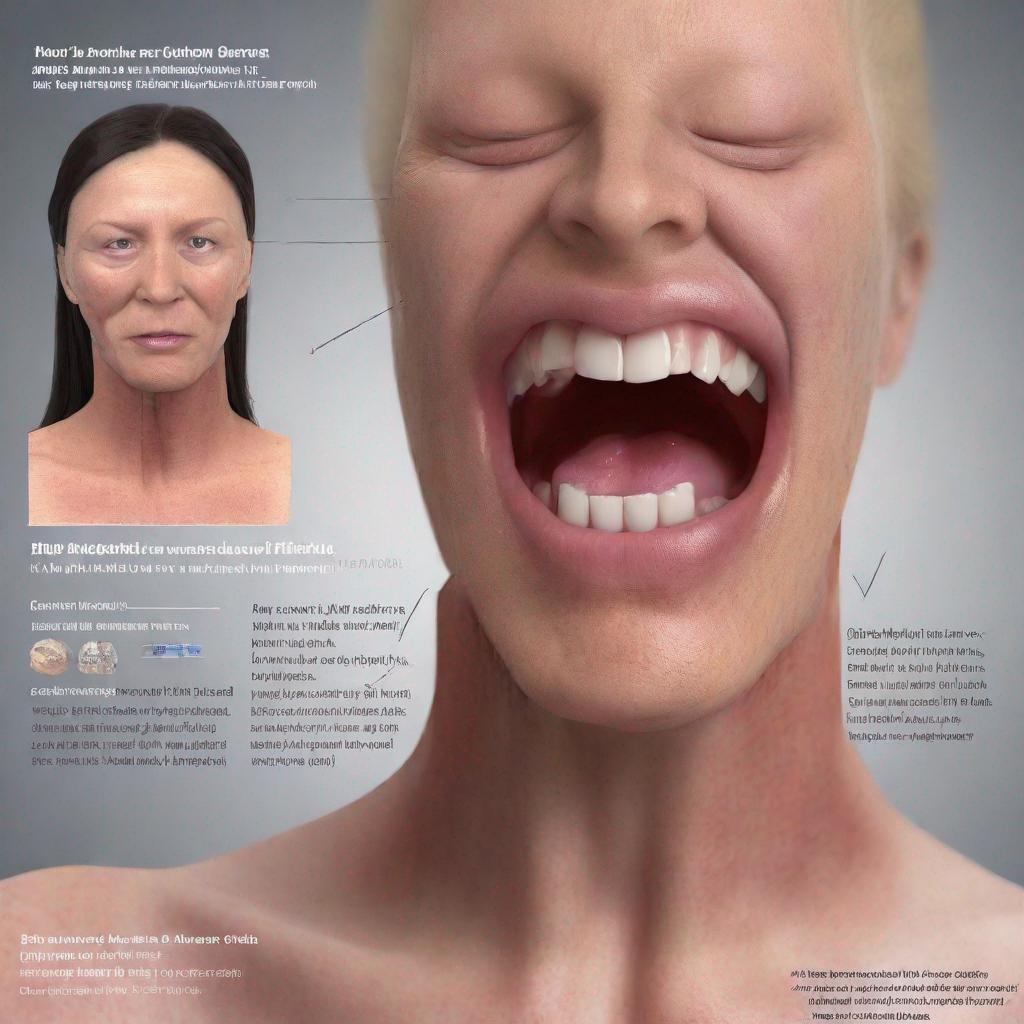## Rheumatoid Factor (RF) Test: Understanding Your Blood’s Immune Response
### Introduction
The **Rheumatoid Factor (RF)** test is a valuable tool in medical diagnostics, providing insights into your immune system’s activity. This article aims to empower you with comprehensive information about the RF test, its role in disease diagnosis, and what to expect during the procedure.
### Test Overview
The RF test examines a sample of your **blood** to detect the presence of **Rheumatoid Factor antibodies**. These antibodies are produced abnormally by the immune system, specifically in response to certain autoimmune disorders.
### Conditions and Diseases Detected
The RF test primarily aids in the diagnosis of **Rheumatoid Arthritis (RA)**. RA is an autoimmune condition that affects the joints, causing inflammation, pain, and stiffness. The presence of RF antibodies can help healthcare providers confirm an RA diagnosis or monitor disease activity.
RF antibodies may also be associated with other **autoimmune disorders**, including:
– **Systemic Lupus Erythematosus (SLE)**
– **Sjogren’s Syndrome**
– **Mixed Connective Tissue Disease**
### Preparation Guidelines
To ensure accurate results, it’s crucial to follow these preparation guidelines:
– **Fasting:** The test requires fasting for at least 8-12 hours before the blood draw.
– **Medications:** Inform your healthcare provider about all medications you are taking, as some may affect the test results.
### Procedure
The RF test involves a simple **blood draw**. A healthcare professional will gently insert a needle into a vein in your arm or hand to collect the blood sample. The procedure takes only a few minutes and is generally painless.
### Duration and Waiting Time
The blood draw itself takes only a few minutes. The time it takes to receive your test results will depend on the laboratory and your healthcare provider’s schedule. Usually, results are available within a few days.
### Additional Tests
In conjunction with the RF test, your healthcare provider may order **additional tests** to provide a more comprehensive assessment, such as:
– **Antinuclear Antibody (ANA) Test** to detect other autoimmune antibodies
– **Erythrocyte Sedimentation Rate (ESR)** to measure inflammation
– **C-Reactive Protein (CRP)** to assess disease activity
### Conclusion
The RF test is a valuable tool for diagnosing and monitoring autoimmune conditions, particularly Rheumatoid Arthritis. By understanding the significance of this test, you can actively participate in your healthcare decisions. Discuss with your healthcare provider whether the RF test is right for you based on your symptoms and medical history. By working together, you can ensure the best possible outcome for your health.
### Keywords for Searching
– Rheumatoid Factor
– RF
– Rheumatoid Arthritis
– Autoimmune
– Blood Test



